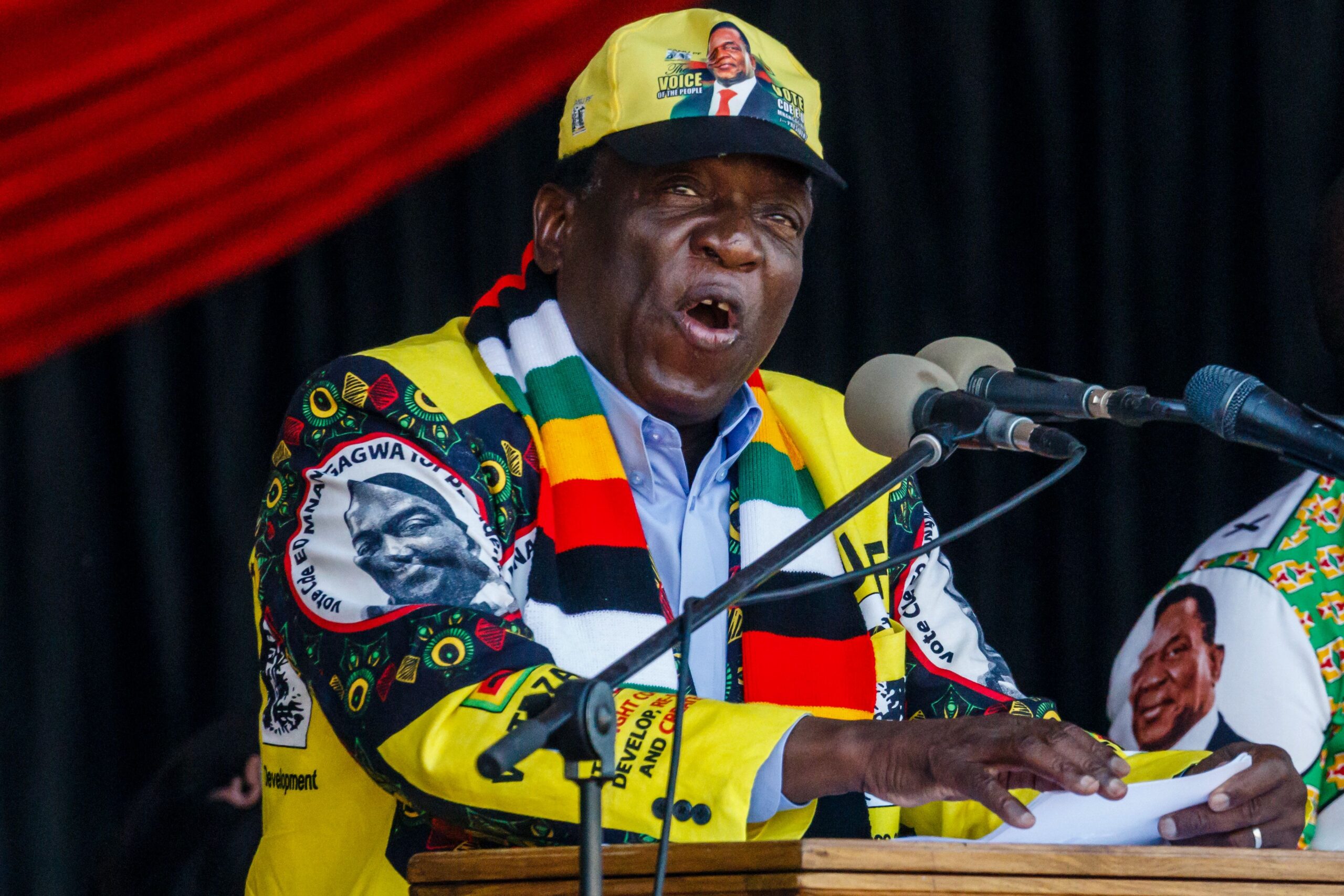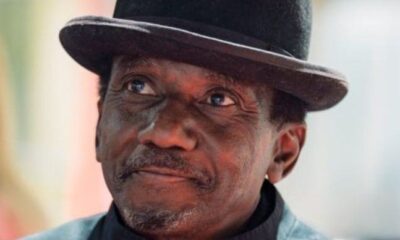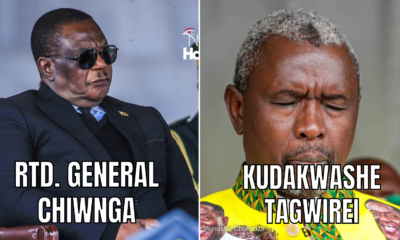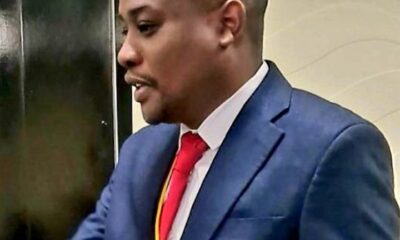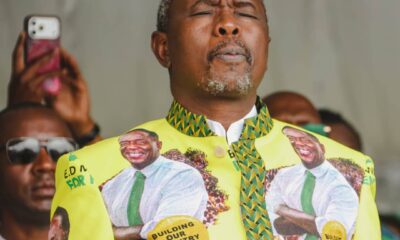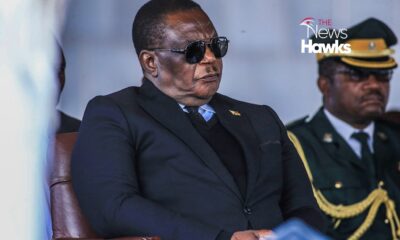ZANU PF has resorted to its traditional vote-buying tactics ahead of the next elections with the latest move being the pampering of traditional chiefs with all-terrain vehicles in a development that sets on course rigging mechanisms of the next elections.
BRENNA MATENDERE
On Wednesday, President Emmerson Mnangagwa handed over new cars to 38 newly installed chiefs during an annual chiefs’ conference held in Bulawayo.
Anti-Corruption Trust of Southern Africa (ACT-SA) director Obert Chinhamo told The NewsHawks that handing over the cars to chiefs four months before elections is a clear sign of vote-buying.
“It’s a case of outright vote buying. The timing the meeting with the traditional leaders when facing the 2023 election is more telling about the hidden agenda of Zanu PF. Traditional leaders are being abused by Zanu PF for political gain. This is prohibited by our Constitution but continues with impunity,” he said.
Last week, unveiled ambulances with a big face of Mnangagwa, which it said was donated by Zanu PF supporters. This again, was seen as vote-buying.
Zanu PF officials have also been on the campaign trail, dolling out more goodies and cash ahead of the party’s primary elections.
There has also been distribution of chickens, fertilisers and drilling of boreholes by Zanu PF functionaries in again vote-buying tactics.
The government has also been distributing inputs and food in rural areas in a partisan manner.
The current developments are an attestation of what Mnangagwa in August last year said when he unwittingly admitted that Zanu PF uses food aid as a political tool to drum up support in rural areas.
He made the remarks while addressing congregants at Johane Masowe Vadzidzi VaJesu shrine in Madziva, Mashonaland Central province.
Mnangagwa revealed that the ruling party structures would play a leading role in distributing food aid and agricultural inputs as the country heads to the 2023 elections.
“I have been to many districts in the country and most households are facing hunger. The ruling party is in every village, so people who are starving should forward their names to Zanu PF village committees so that they can be assisted with food aid. We want everyone to be Zanu PF,” he said.
“I have been to Mangwe, Plumtree, where we donated solar-powered boreholes and helped people to start horticulture. When you go there and say Mnangagwa is bad, they will beat you up.”
According to the constitution, central government is mandated to take a leading role in food aid distribution but Zanu PF has been using food aid to harvest votes.
About 38% of the rural population, which translates to about 3.8 million people, will face hunger this year according to government statistics.
A recent report by the Zimbabwe Civil Society Anti-Corruption Coalition, and other concerned civil society organisations raised grave concerns against acts of vote buying in the country which it described as electoral corruption.
“Our understanding of electoral corruption is that it is the manipulation, abuse or illegal interference with a conducive electoral environment, legal and policy frameworks, management modalities, voters, processes, the voting, outcomes and other related activities around the electoral cycle by state and non-state actors to give advantages to one political player over others,” the report reads.
“We are concerned that Electoral Corruption is rampant, appears as if it is normal and that it has flourished with impunity.
“We are gravely concerned that acts of Electoral Corruption have deleterious effects on development since it leads to conflicts and controversial electoral outcomes. Apart from destroying economies and societies, it subverts and undermines the principle of free choice thereby rendering an election open to contestation.
“In addition, electoral corruption jeopardises the freeness and fairness of elections, triggers physical fights, killings, and human rights abuses as witnessed in Kenya and Zimbabwe. It is also important to note that it leads to apathy triggered by the understanding that participating in elections that are often rigged is useless since that will not bring out changes expected by a voter,” reads part of the report.
